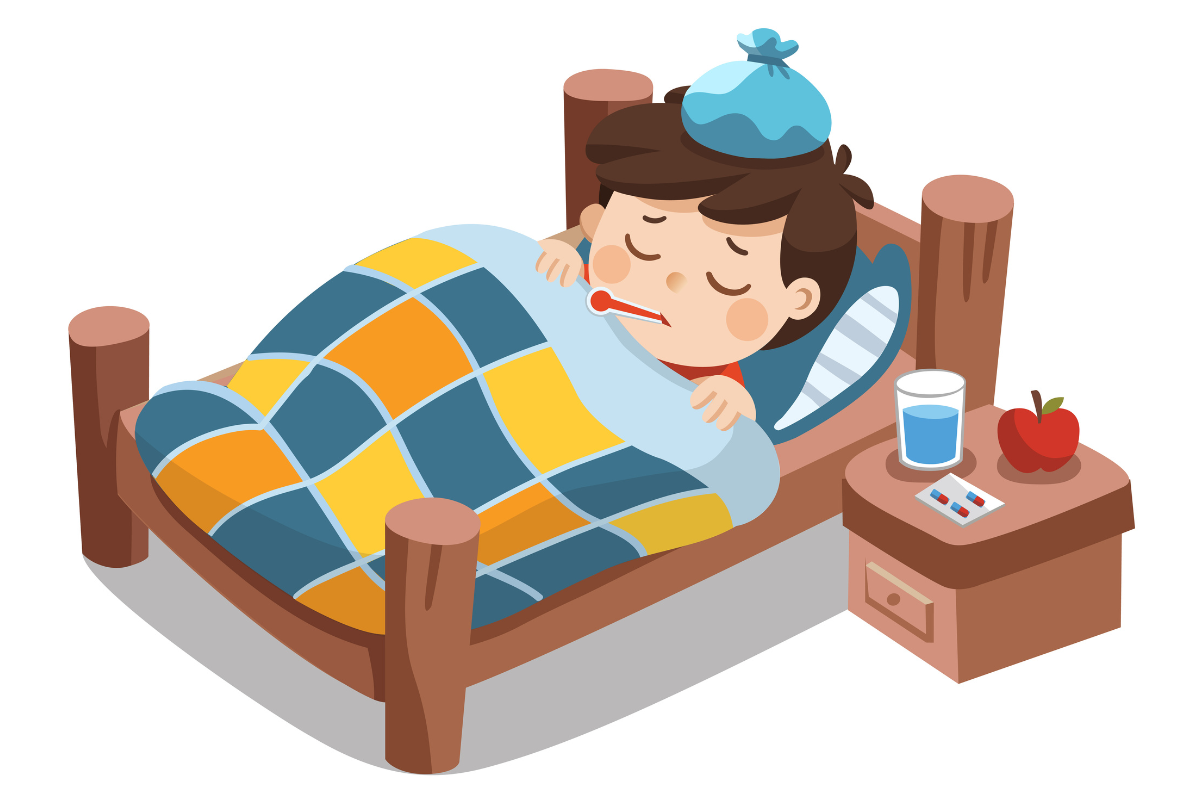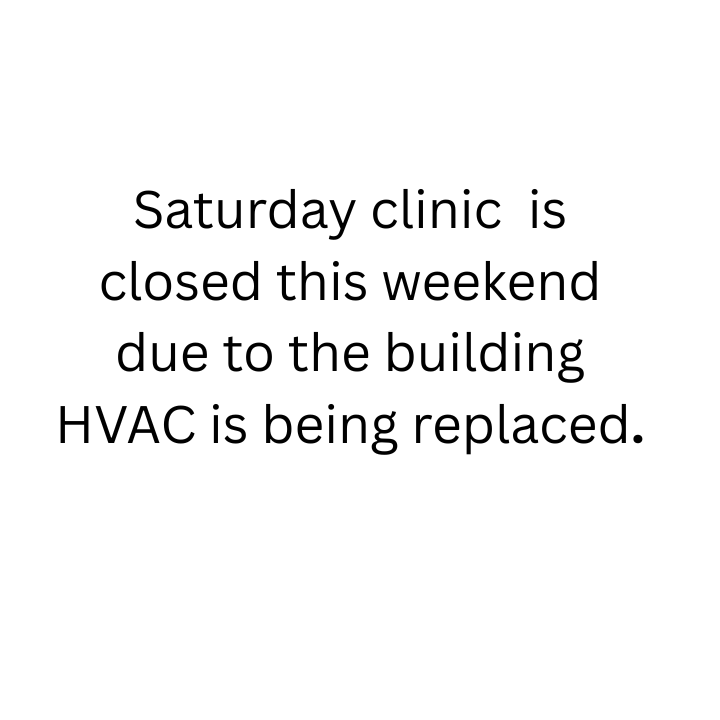Mononucleosis is a viral illness that primarily affects children, teenagers, and young adults. This article will cover what infectious mononucleosis is, its causes, common symptoms, how it is diagnosed and treated, and what parents can do to help prevent it.
If you have concerns about your child’s symptoms or need medical advice, Bootin and Savrick Pediatric Associates is here to help. Schedule an appointment with our experienced pediatricians in Greater Houston today to ensure your child receives the best care possible.

Infectious mononucleosis is a viral illness that affects the immune system by attacking the body’s white blood cells. It is most commonly caused by the Epstein-Barr virus, but other viruses can also lead to the condition.
Mono is spread through direct contact with saliva, which is why it is sometimes called the “kissing disease.” However, children can also contract mono through shared utensils, drinks, or exposure to infected droplets from coughing or sneezing.
While the illness is more commonly seen in teenagers and especially college students, younger children can also develop it, though their symptoms may be milder or even go unnoticed.
The primary cause of mononucleosis is the Epstein-Barr virus, a member of the herpesvirus family. Once a person contracts EBV, the virus remains in their body for life, though it typically becomes inactive after the initial infection. In some cases, other viruses may also cause a mononucleosis-like illness, but EBV is by far the most common culprit.
Mono is contagious and spreads through:
Mononucleosis symptoms can vary in severity, but the most common symptoms include:
Symptoms of mono can last anywhere from 2 to 4 weeks, but in some cases, fatigue may persist for months.
Diagnosing mono involves a combination of a physical exam and laboratory tests. During the physical exam, a doctor will check for common symptoms such as swollen lymph glands, an enlarged spleen, or a swollen liver.
A blood test may be conducted to look for signs of infection, including an increased number of white blood cells. In some cases, a specific EBV test can confirm the presence of the virus.
Since mononucleosis is caused by a virus, antibiotics are not effective in treating it. Instead, treatment focuses on relieving symptoms and ensuring proper recovery. Common treatment recommendations include:
Most children recover fully within a few weeks, but lingering fatigue can last longer. It’s essential to allow your child to rest and avoid overexertion until they feel completely better.
While there is no vaccine for Epstein-Barr virus, parents can help reduce the risk of mono by encouraging good hygiene practices, such as:
Since EBV remains in the body even after symptoms resolve, individuals who have had mono in the past may still spread the virus intermittently. While complete prevention isn’t always possible, these precautions can help lower the chances of infection.
If your child has been diagnosed with mononucleosis, the best approach is supportive care. Rest, hydration, and symptom management will help them recover comfortably. If symptoms worsen, such as difficulty breathing, severe abdominal pain, or extreme weakness, seek medical attention promptly.
At Bootin and Savrick Pediatric Associates, we have experience treating viral childhood illnesses like mononucleosis and can provide guidance and support for your child’s recovery. If you have concerns about your child’s symptoms or need medical advice, schedule an appointment with our expert pediatricians in Houston, Texas, today. We are committed to providing the best care for your child’s health and well-being.
Medically reviewed by Dr. Patti Savrick
